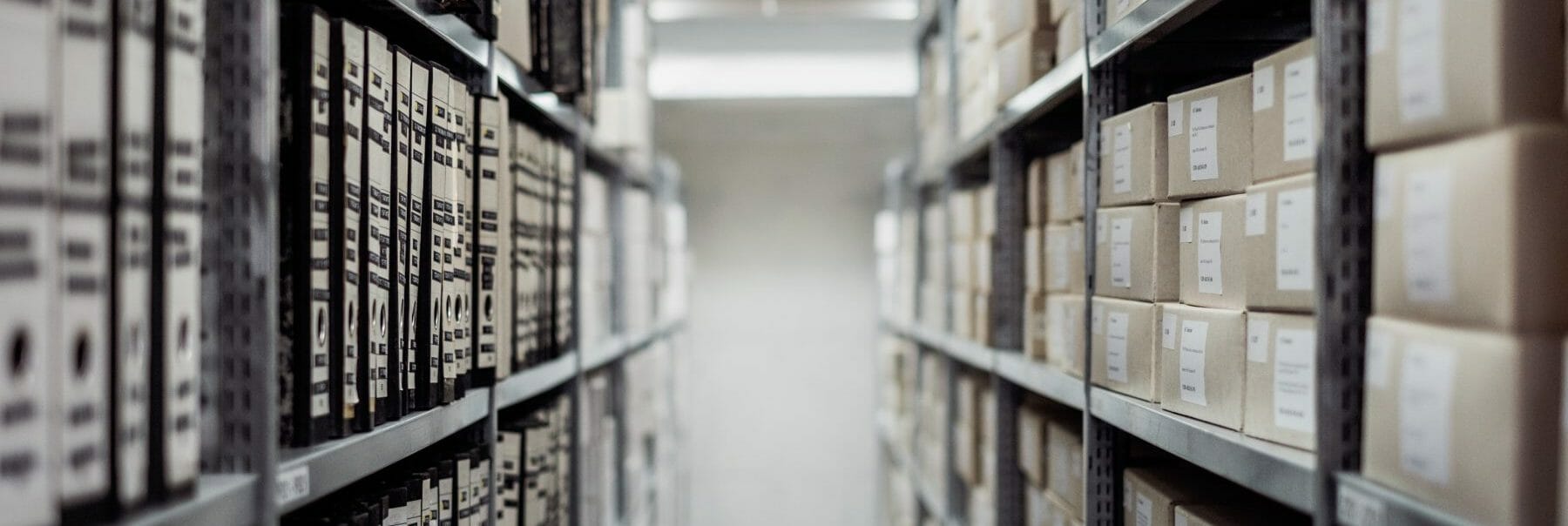
Articles
Editor’s Picks
Industry News
K-12
How Florida Virtual School’s Controversy Has Been Kept Mostly Under Wraps
By Cait Etherington
January 20, 2019
Over the past year, Florida Virtual School (FLVS), Florida’s statewide, public online secondary school, has dealt with a massive data breach, a series of ongoing disputes with former employees, and several allegations against the school’s former attorney. If the problems at FLVS’s have been slow to come to the surface and garnered little media attention outside Orlando where the school’s office is based, it may have something to do with how the school has negotiated access to public documents pertaining to its current disputes.
Orlando Sentinel on Defensive After Requesting Public Documents from Florida Virtual School (FLVS)
In an attempt to shed light on the ongoing disputes at FLVS, the Orlando Sentinel did what any news outlet would do under the same circumstances: They made requests for public documents concerning the controversy, so their reporters might examine FLSV’s actions and inform readers. Since FLSV is a state-run online school, the Orlando Sentinel naturally had a reasonable expectation that the documents would be released. Suffice to say, this is not what happened.
On January 8, the Orlando Sentinel published a letter by Barbara Petersen, the president of the First Amendment Foundation about what happened after the Orlando Sentinel requested public documents from the FLVS:
“Rather than respond to the paper’s public record request, FLVS filed a civil lawsuit, called a declaratory judgment action, against the paper and its former lawyer. These types of lawsuits force not only newspapers, but also everyday citizens, into court to defend their constitutional right of access to public records. Not only do records requesters have to bear the expense of hiring an attorney, but the legal burden of proof is also arguably flipped from the agency to the person requesting records. And by the way, the agency uses taxpayer dollars to fight about the records request.”
Peterson’s letter also explains how things theoretically should work in such cases:
“How should it work? A citizen makes a public record request to a public agency. The agency responds, either producing the records or claiming that the requested records are exempt from public disclosure under a Florida statutory exemption permitting the agency to withhold all or a portion of the records. If the citizen disagrees with the agency’s assertion, she can file a civil lawsuit against the city council – or not. Ultimately, a judge would resolve any legal dispute.
“Civil actions, like the one filed by FLVS, put public record requesters – citizens and the media – in the position of having to defend cases rather than selectively litigate them. That’s simply wrong. FLVS should dismiss its lawsuit and provide the requested records or cite an exemption that authorizes FLVS to deny the paper’s request. And our legislature should again take up – and pass – legislation that prohibits agencies from filing declaratory judgment actions that haul requesters unwillingly into court.”
On December 19, the Orlando Sentinel launched a counter-suit against FLVS in attempt to access records pertaining to the departure of Frank Kruppenbacher, the school’s former attorney.
When we contacted Florida Virtual School about this story, a representative from the school confirmed that despite Peterson’s claim, FLVS has offered a basis for exemption. In an email exchange on January 17, the school’s communication director confirmed, “The Court record related to the FLVS declaratory judgment action, and the hearing held on the Sentinel’s request for records set forth the FLVS claimed exemption for any withheld documents. Specifically, as to records withheld, FLVS has asserted the exemption provided under Fla. Stat. §119.071(2)(g)2.” The exemption clearly states, “When the alleged victim chooses not to file a complaint and requests that records of the complaint remain confidential, all records relating to an allegation of employment discrimination are confidential and exempt from s. 119.07(1) and s. 24(a), Art. I of the State Constitution.”
Access to Public Records Is Ongoing Problem
While FLVS appears to have a legitimate reason for withholding documents from the Orlando Sentinel, this isn’t the first time access to FLVS records has been raised as a concern. While reporting on the FLSV controversy in 2018, access to records was also cited as a problem by several former employees.
One anonymous source (a former employee who has yet to reach a settlement with FLVS over an alleged wrongful dismissal and therefore has requested that they not be identified) told eLearning Inside in September 2018 that obtaining access to records from Florida Virtual School has been both challenging and at times, costly. The former employee explained that while most documents have been released upon request, they have often come at a cost that seems to exceed typical copying and postage expenses. One invoice for records dated April 2018, which was forwarded to eLearning Inside by the former employee, came to $2780 (this invoice was successfully contested and the price was later lowered). All this raises an obvious question: Is it legal for a public organization to restrict access to their records or just make access cost prohibitive?
Florida’s “Sunshine Law,” which is designed to ensure the public has access to public records, was officially enacted in 1967, but according to the Florida Attorney General site, the state’s commitment to sharing public records is much older. Since 1909 and the implementation Chapter 119 of the Florida Statutes any records produced or received by a public agency that are about “official business” must be made available unless they are protected by an exemption.
Despite Chapter 119’s provision, Florida has a host of exemptions that still help organizations avoid releasing records. In fact, as the Digital Media Law Project observes, in contrast to many other jurisdictions, over time, Florida has passed hundreds of exemptions. The state’s extensive exemptions concerning access to public documents are outlined here (specifically, see subsections 119.071 to 119.0713).
As for the high cost that FLVS has been attaching to some record requests, this too is legal. As stated on the First Amendment Foundation website, “The Public Records Law allows government agencies to collect the actual cost of material and supplies used to duplicate public records for requesters. Agencies may also collect a reasonable service charge, in addition to actual cost fees, when a request for public records requires the extensive use of information technology resources and/or clerical or supervisory assistance.” Many of the costs outlined do seem reasonable (e.g., the cost of paper and postage) and some costs are even clearly stipulated (e.g., 15 cents for a one-sided copy and 20 cents for a double-sided copy). Other costs, however, could be open to interpretation. For example, record holders can charge additional “extensive use charges” for any labor time used to compile and prepare documents for release. This final caveat may give organizations some leeway to name their own price for access to documents, but charging for labor time is still legal.
The Orlando Sentinel and the First Amendment Foundation maintain that civil actions, such as the one filed by FLVS against the Orlando Sentinel, put public record requesters on the defensive, and this is simply wrong. While it might be “wrong,” there is no clear indication that FLVS is breaking or even abusing the law. Florida’s multiple exemptions do create many opportunities for organizations to side-step the release of records. Organizations are also free to charge for any resources or labor used preparing records for release. Thus, while FLVS may be using its state’s existing public records laws–and more specifically, its extensive exemptions–to keep its internal problems primarily out of the public eye, there is no clear indication that it is in the wrong for doing so.
Photo by Samuel Zeller on Unsplash.









Trackback
[…]Best legal steroids that work for cutting and bulking muscle